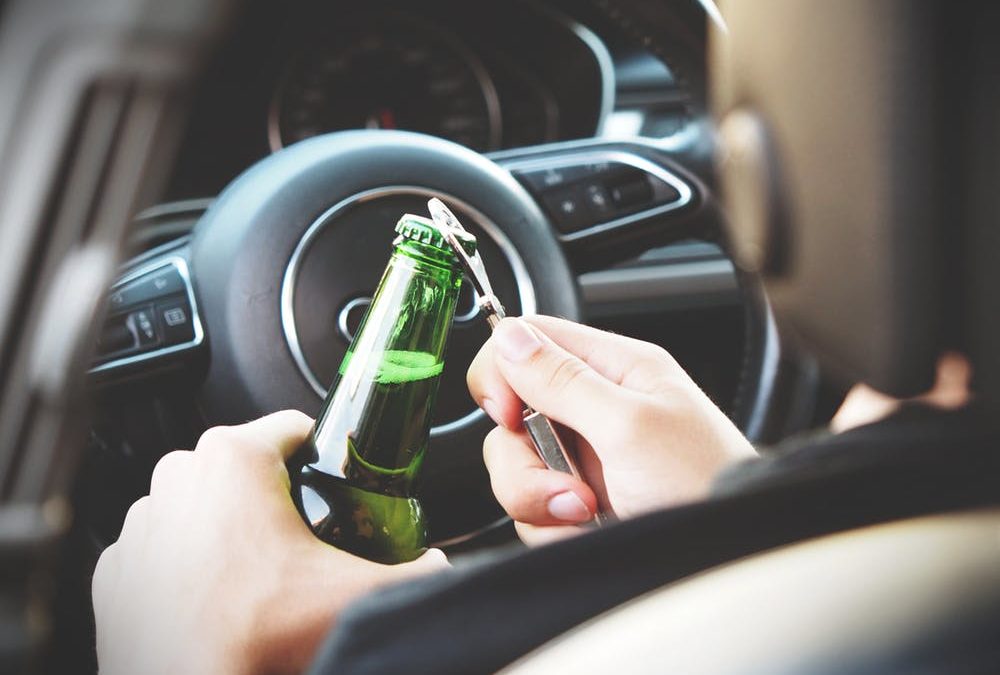December 18 marked the 180th day since Bill C-46 received royal assent. The first part of the bill dealt with drug impaired driving. The second part of the bill dealt with impaired by alcohol and has now become the law. There is now mandatory alcohol screening, less defences, higher mandatory minimum fines, and higher maximum jail sentences. Here is a summary of some important changes to impaired driving law.
Mandatory Alcohol Screening
Under the previous law an officer had to form reasonable suspicion that there was alcohol in your body. It was a not a high threshold but it complied with your section 8 right to free from unreasonable search and seizure. To get reasonable suspicion the officer would normally need to smell alcohol on your breath or receive an admission of consumption. Once reasonable suspicion was formed, the officer could then make a demand for you to give a sample into an Approved Screen Device (ASD).
This is no longer the law. The officer only needs reasonable suspicion if they do not have an ASD with in their possession. The law is different if the police have an ASD with them. If they have an ASD with them, they can demand a sample without needing to form reasonable suspicion. Our current government believes that this mandatory alcohol screening complies with the Charter. The constitutionality of the new law will be challenged but for now this is the law.
Bolus Drinking
Under the previous law it was a criminal offence to operate a motor vehicle with a blood alcohol concentration (BAC) that exceed 80mg of alcohol in 100ml of blood . If the breath sample was taken within two hours of driving there was a presumption that the results were the same as the (BAC) at the time of driving. This allowed for two defences. One defence was the bolus drinking defence where evidence is led that alcohol had not yet absorbed into the blood at the time of driving and thus the BAC was under 80mg. The other defence is that the driver consumed alcohol after driving but before the police arrived on scene. This is usually the case when there is an accident.
The new law limits these defences. It is now a criminal offence to have a BAC of 80mg or higher within two hours of driving. There is a three-part exception to this offence. The requirements are:
- The driver consumed alcohol after ceasing to drive;
- After ceasing to drive, there was no reasonable expectation they would be required to provide a breath or blood sample; and
- Their alcohol consumption is consistent with having a BAC of under 80mg at the time of driving
The spirit of this law is to ensnare those who binge drink before driving and those who binge drink after an accident to escape liability. However it may also catch those who drove legally and had no intention of driving under the influence. For those that are unfortunately caught up in this new law they will be stuck with the requirement of proving their innocence and the costs associated with that.
Increased Mandatory Minimum Fines
Under the previous law a first time offender faced a mandatory minimum fine of $1000. This was the same whether it was for impaired driving, driving while with a BAC over 80mg, or refusing to give a breath sample. This has now changed.
Impaired driving still has a mandatory minimum fine of $1000. Driving with a BAC of 80mg or over now has a series of minimum fines depending on the BAC. For a BAC of 80-119mg the minimum fine is $1000, for 120-159mg the minimum fine is $1500, and for 160mg or over the minimum fine is $2000. The minimum fine for refusing to give a breath sample is now $2000.
There is still mandatory jail for second, third, and subsequent offences. A second offence will result in a mandatory minimum sentence of 30 days imprisonment. A third and subsequent offence will result in a mandatory minimum sentence of 120 days imprisonment.
Increased Maximum Jail Sentences
Under the previous law the maximum jail sentence for impaired driving was 5 years if the Crown proceeded by way of indictment. If the Crown proceeded summarily the maximum jail sentence was 18 months.
The new law increased the maximum jail sentence. If the Crown proceeds by way of indictment the maximum jail sentence is 10 years imprisonment. If the Crown proceeds summarily the maximum jail sentence is 2 years less a day.
While most people will not receive sentences approaching the maximum, this change in the law will affect non-Canadian citizens with permanent resident status. Under the previous law a permanent resident would only be deemed inadmissible to remain in Canada on grounds of serious criminality if they received a sentence of over 6 month imprisonment. Since the new maximum jail sentence is 10 years, a permanent resident would be deemed inadmissible upon conviction even if they receive a fine.
Impaired Driving Lawyer
The above are just some examples of the new changes in impaired driving law. If you have been charged with impaired driving it is important to hire a lawyer with both experience in impaired driving cases and one that is up to date on the new law. A mistake in your defence could result in fines, jail, deportation, a licence suspension, and increased insurance costs. Give Drexler Law a call today at (519) 804-1799 or inquire by email for a free consultation.

